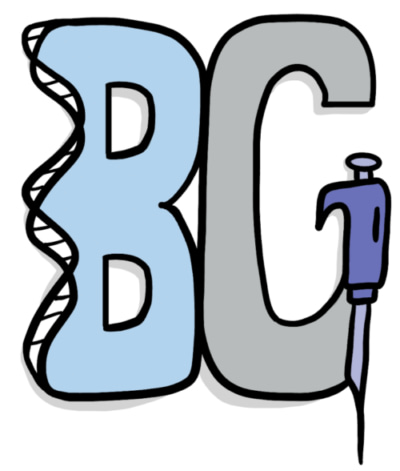*DISCLAIMER*: This website is for educational purposes only. I am not a CFP or financial advisor. Please consult a professional before making any financial decisions.
Budgets: who’s got ’em, who wants ’em
Ah, budgets. The salad section on the menu of personal finance: you might glance at it because you know they’re good for you, but you also know damn well that you’re still going to order those truffle fries when the waiter comes. We all know that budgets are important, but it’s so difficult to stay disciplined. With so many of us on shoestring stipends, monthly spending is likely a huge stressor for grad students. While I can’t increase all our paychecks, it can be empowering to know how exactly you plan to use that money. Below are some tips to help you get started on your budgeting journey.
Continue reading “How To Budget Your Money Without Really Trying”




